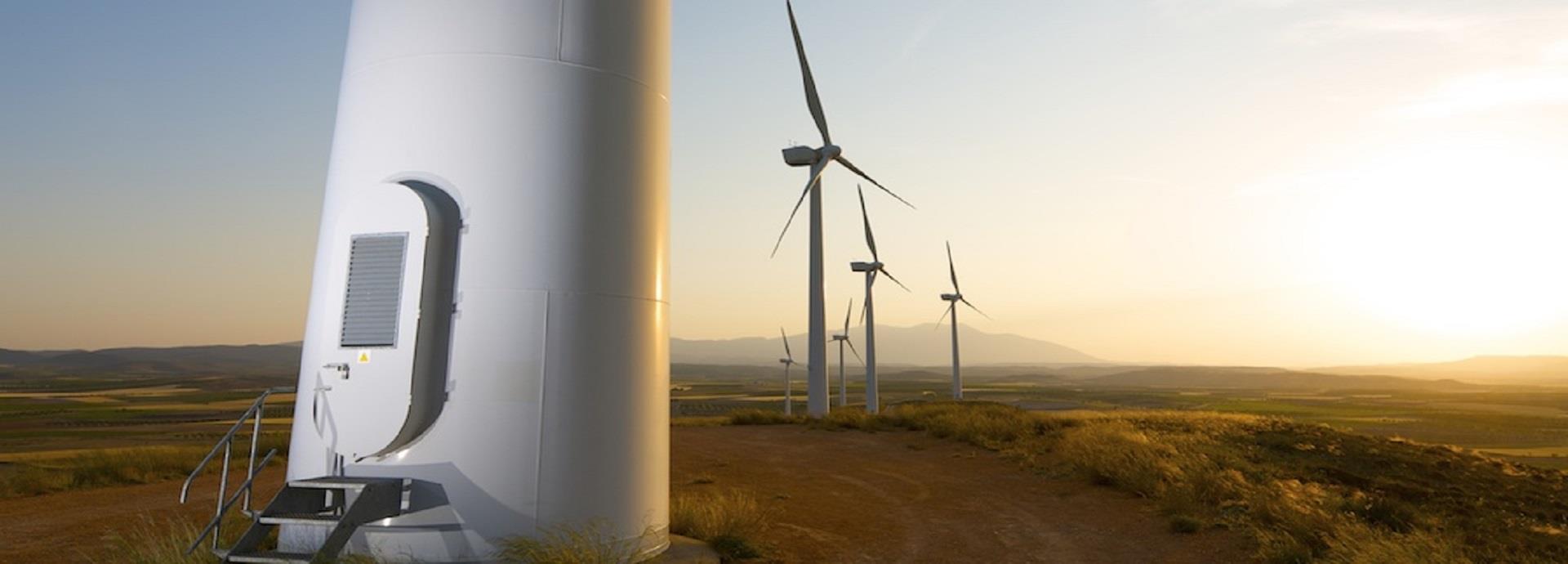

Ideology and high profits haven’t traditionally been seen as something that go hand in hand. However, the way investors act on sustainability has changed significantly in the past decade.
“10 or 15 years ago, the environment was mainly a concern for insurance companies, in the sense that climate change increased the risk of natural disasters,” says Deputy Managing Director Esko Kivisaari from Finance Finland, an organisation representing the financial sector in Finland. “It wasn’t something that was of importance to a lot of investors.”
Since then, plenty has happened and people, including investors, have grown more and more aware of the environmental effects of their actions. Ethical and environmental issues are not just a topic on the PR team’s table, according to Kivisaari, they have risen all the way to senior management teams and boards of directors. In organisations, everyone talks about ESG, meaning environmental, social and governance, a term used to measure the impact of a company or a business.
At Wärtsilä, ESG is incorporated in everything from research and development to employer responsibility.
“The technologies and services we develop help our customers reduce their ecological footprint and support sustainable development in the marine and energy industries,” explains Natalia Valtasaari, Director, Investor and Media Relations at Wärtsilä. “We also take our role as a socially responsible employer very seriously, ensuring safe working environments, equal opportunities, and fair employment practices to all staff across Wärtsilä locations.”
Making sense in the wallet
Socially responsible investing seeks to sum up the financial return and social and environmental impact that brings about positive outcomes. On top of environmental issues, the term responsibility comprises things such as human rights, diversity, and health effects. Some investors might avoid the arms industry or fast food.
Investing playing a part in change-making is not a new phenomenon though. For instance, in the 1980s, a disinvestment campaign was deemed to contribute to the pressuring of the South African government to do away with the Apartheid system.
Recent examples are abundant. Earlier this year, Reuters reported that a Norwegian health fund is creating standards regarding saltwater resources for companies it invests in. Global investment management corporation BlackRock decided to take a careful look at the manufacturers and retailers of civilian firearms in its portfolios in the wake of the Florida shooting.
However, Kivisaari points out that these days investing in sustainable options isn’t only a choice made by the most conscious of us – it often just makes business sense.
“Being ‘green’ is no longer only a way to build a company brand,” he says. “Investors see it as an important factor when they evaluate the long-term profit prospects of their shares.
Promoting a low-emissions economy
The profitability partially stems from the fact that sustainability is also a globally acknowledged objective, stated by the United Nation’s Sustainable Development Goals. Wärtsilä’s Valtasaari sees the goals as an excellent way to motivate companies to take action, and simultaneously they encourage investors to make ethical decisions.
“Many investors are already very well aware of new environmental standards,” she tells. “As the energy markets transition to renewables and the marine industry seeks to reduce emissions, the market potential for Wärtsilä’s solutions increases.”
Valtasaari says that Wärtsilä has already developed, and continues developing, products and services that offer greater flexibility and efficiency as well as opportunities for optimised energy production and usage. This, alongside renewable energy integration, provides Wärtsilä and its customers ways to comply with the rising standards and ambitious climate goals set by not only the UN, but also the EU, industries, and individual companies.
In it for the long haul
Both Kivisaari and Valtasaari believe that sustainable investing will only keep on growing, as changing policies and principles increase the attractiveness of sustainable portfolios.
“Old industries might offer higher annual returns right now, but as attitudes and mindsets change, their value might drop drastically,” says Kivisaari. “From a risk management perspective, it’s likely to be more sensible to settle for lower instant profits but expect them to rise over time.”
Valtasaari emphasises that a sustainable society can’t be built in a day, but that shouldn’t deter anyone from contributing to it.
“Companies with solid sustainability strategies now will be in a strong position in the future, including financially,” she says. “In the future, ESG will not only be a crucial part of all company processes but also integral to investment decisions.”
